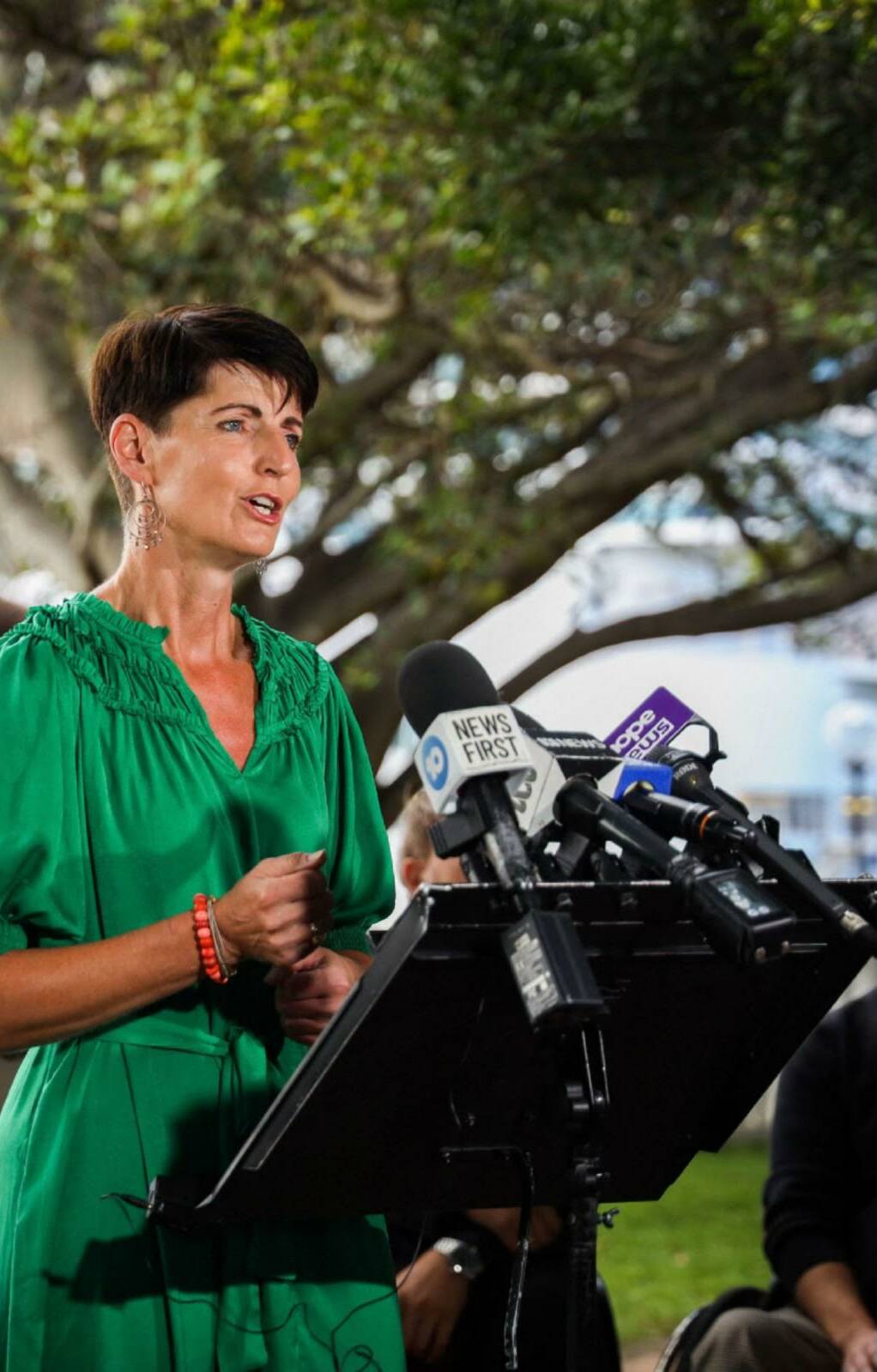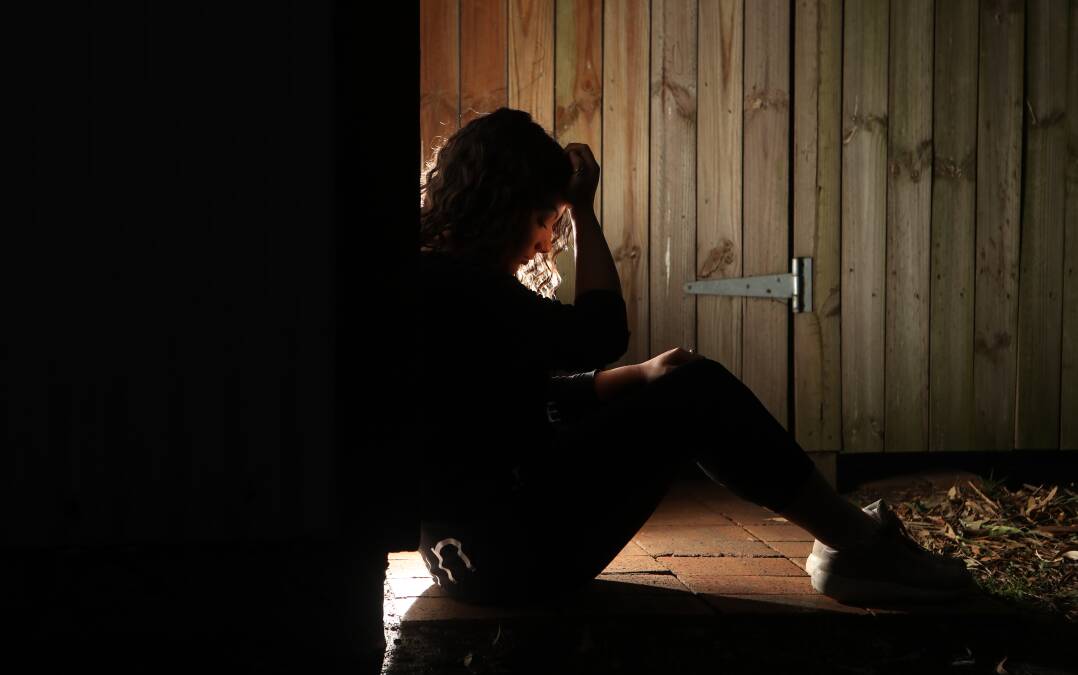
A MASS exodus of frontline caseworkers from the troubled child protection system is being blamed on privatisation.
Hundreds of workers have recently opened compensation claims due to stress and burnout while the number of kids in crisis being seen continues to drop.
Just 17 per cent of the 18,193 children deemed at risk of significant harm (ROSH) in the 12 months to September 30 last year were seen by a case worker .
That rate was 24 per cent during the previous year, a difference of 1,221 kids suspected of suffering instances of physical or sexual abuse, neglect, violence or serious emotional harm.
Those figures do not include the thousands of other "concern reports" made about children with issues deemed less serious.
The statewide caseworker vacancy rate has spiked by five percentage points to 12 per cent between July and September last year.
The Public Service Association is calling on the Minns Government to take responsibility and de-privatise the broken system.
PSA General Secretary Stewart Little said his union has been in dialogue with Child Protection Minister Kate Washington who now needs to act fast.
"Vulnerable kids aren't slipping through the cracks anymore, they're just tumbling through gaping holes," Mr Little said.

"We need urgent and fundamental reform. Our members in child protection are telling us they've never seen the system in worse shape. They are stressed out of their minds and leaving in mass numbers."
Mr Little said private providers could pick and choose which kids they take on, often refusing to accept responsibility for the most troubled children.
"Hundreds of kids are being left to live in scrappy motels for months, barely supervised by untrained staff," he said.
"The privatised foster system has been left to wither and die. The terrible inefficiencies are costing NSW taxpayers more than we ever paid for the public system.
To the Minister's credit, she acknowledged that costly and inefficient privatised child protection services in NSW might have to be placed back into public hands, Mr Little said.
"We now need the government to act," he said.
"The government has a moral responsibility to care for the most vulnerable kids, and it is failing at the moment. The way to take responsibility is to stop outsourcing to NGOs, take control, and start getting qualified caseworkers back into the system.
"The privatisation of child protection service in New South Wales was a grotesque experiment and it's been a grotesque failure."
Minister Kate Washington and the NSW Department of Communities and Justice have been contacted for comment.
Premier Chris Minns told AAP the statistics were not good enough and reiterated the importance of his government's decision to remove public sector wage caps to attract more staff.
"We're hopeful that the changes we've made for the public service across the board will encourage more people into this profession because many people regard it as a calling," he told reporters on Monday.
"It's really difficult work and the people that do it are truly saints.
"It would be extremely confronting every single day to walk into a situation where a child may be in neglect or a family is breaking down and having to make decisions that could have a massive impact, not just on the child but the entire family."
Fams, a peak body supporting the not-for-profit sector, says there needs to be more focus on and resourcing of early intervention and prevention programs.
Chief Executive Officer Susan Watson said the "perennial problem" in the sector, over "many years and consecutive governments" was the need for greater investment.
"Our current NSW child protection system settings are akin to prioritising funding for emergency departments at the expense of primary care and preventative health measures that keep people healthy in the first place." Ms Watson said.
"We urgently need to focus efforts on preventing kids from entering out-of-home care at all. This is crucial to stem the tide of children reported - or tragically re-reported - as vulnerable and ending up in out-of -home care."
Less than 9 per cent of the spend on NSW child protection services is spent on early intervention and prevention services, she said.
"As the peak body for family and children's services, we are calling on the Minns Government to increase funding by 25 per cent across early intervention and prevention programs," Ms Watson said.







